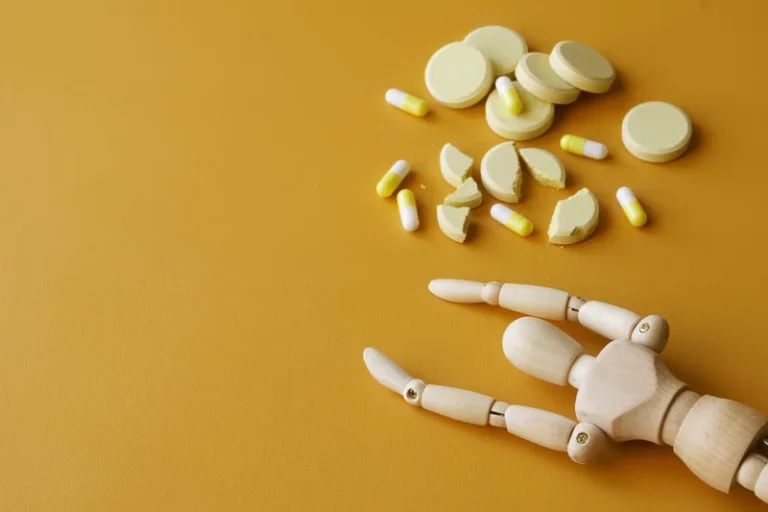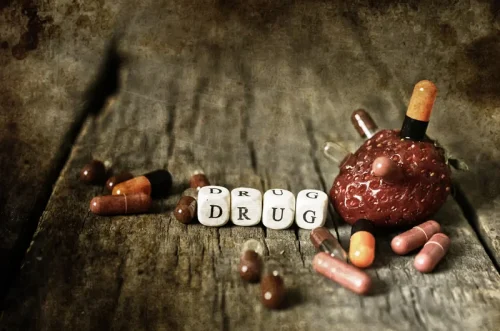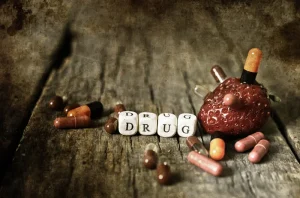Certificado de Calidad
ISO 9001:2015 / ES-0395/201429 febrero, 2024

Continue reading for a list of some of the best ideas for substance abuse group activities you can use at your facility. Try a few of these and see how they resonate with your group then figure out how you can proceed. Equipping participants with robust coping mechanisms is a vital aspect of relapse prevention. These activities teach individuals how to manage stress, anxiety, and negative emotions without substance use.

Add Your Practice to TherapyByPro, Get Found by New Patients, Grow Your Practice.

Each group member will need at least twelve strips of paper to apply to posters. The purpose of this exercise is designed to help clients discover and celebrate their positive traits and affirmations, so providing clients with several strips to choose from is critical. The helpline at AddictionResource.net is available 24/7 to discuss the treatment needs of yourself or a loved one. This helpline is answered by Treatment X LLC, an addiction treatment provider with treatment facilities in Ohio, Pennsylvania, and California. One of the most common experiences people in recovery share is cravings and triggers to drink or use drugs, and discussing them can help prevent relapse.

The Importance of Support Systems
- This plan serves as a roadmap to help them maintain their recovery progress.
- The key is to maintain a spirit of openness and flexibility, always ready to adapt and innovate.
- You can encourage members to keep a gratitude journal and write everything they are grateful for.
- From self-care practices to communication exercises, these activities encourage positive change, help build essential skills, and strengthen support networks.
- Whether you or a loved one is seeking help, learning a few group therapy topics can help you know what it can do for you; it can be the first step towards a healthier and happier life.
If, on the other hand, one or several clients seem disengaged or unmotivated, consider asking why, privately or in substance abuse group therapy ideas the group, whichever is clinically appropriate. If other disruptive behaviors occur in group (side conversations, snoring, etc.) address them in the moment objectively (without shaming). If you let a behavior persist, hoping it will eventually stop, you’re sending the message that it’s okay, not only to the person who is disruptive, but to the entire group.
Self-Care and Recovery
This activity helps members recognize and label their emotions, providing a foundation for healthy coping strategies. Members discuss ways to handle difficult feelings without relying on substances. Encouraging members to share their personal stories helps build trust, empathy, and connection within the group. Members realize they’re not alone in their journey by discussing their challenges, victories, and motivations for recovery. Navigating these challenges and ethical considerations requires facilitators to strike a delicate balance between providing support and maintaining professional standards. By addressing these issues, substance abuse support groups can become more responsive, inclusive, and beneficial spaces for individuals on their journey to recovery.
A 1-page DBT-based handout with 25 examples of dialectics (i.e., two things that seem opposite and are at the same time both true). A comprehensive list of 12-step and other support groups, such as AA, NA, SMART Recovery, Dual Recovery Anonymous, NAMI, etc. A printable deck of cards with 40 positive quotes that can be used as affirmations.
Identifying Triggers
- Imagine a room buzzing with energy as participants craft their recovery vision boards.
- Some attendees may be there “voluntarily,” but only to save their marriage or keep a job, not believing they need help.
- This helpline is answered by Treatment X LLC, an addiction treatment provider with treatment facilities in Ohio, Pennsylvania, and California.
- These groups are based on mutual support and understanding, with participants sharing their experiences and offering help to others in similar situations.
By fostering a sense of belonging and camaraderie, substance abuse group activities strengthen members’ bonds and encourage forming a cohesive, supportive community. Lastly, substance abuse group activities can provide group leaders with an opportunity to provide psychoeducation in an interactive way that members respond to. If you or a loved one is looking for substance abuse treatment, you can find it today.
Lock and key activities can be fun to break the ice and allow peers to connect and share their experiences. Let’s dive into the list of CBT group activities for adults recovering from substance use disorder and mental health issues. Addiction recovery group activities are wonderful tools for achieving and maintaining successful, long-term sobriety.

